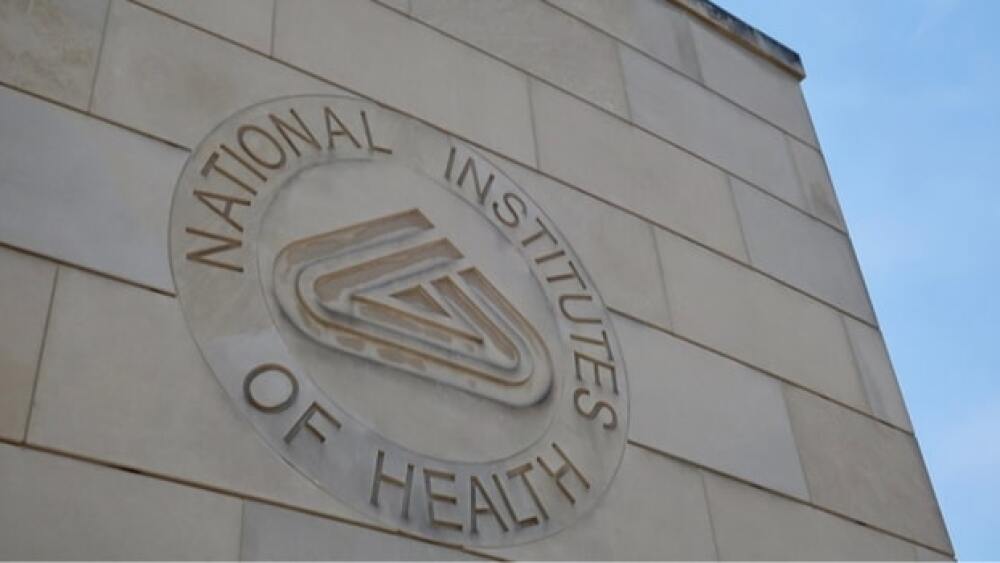This California biotech just bagged another partner for its endeavor to cure autoimmune disease with cell therapy.
Jer123 / Shutterstock
This California biotech just bagged another partner for its endeavor to cure autoimmune disease with cell therapy. Kyverna Therapeutics signed a deal with the National Institutes of Health (NIH) to add another tool to their kit.
Developed in the lab of James N. Kochenderfer at the National Cancer Institute, the same lab that developed the B-cell lymphoma treatment Yescarta, Kyverna picked up exclusive rights to the IP of a novel clinical-stage anti-CD19 chimeric antigen receptor T-cell (CAR T).
The design of this CAR T is expected to improve the safety and tolerability experienced with traditional CD19 CAR Ts, to minimize patients’ reactions to the treatments. The drug hasn’t yet been tried on autoimmune diseases. Kochenderfer’s lab is oncology-focused. In a 20-patient trial for large B cell lymphoma, the next-gen design garnered a ten-fold reduction in severe neurological toxicity compared to earlier generation T cell therapy design.
“This licensing agreement with the NIH is an important milestone for Kyverna, as it empowers us to rapidly start exploring the transformative potential of cell therapy for autoimmune diseases with a clinical-stage construct with demonstrated properties making it ideal for use in patients with autoimmunity,” said Dominic Borie, M.D., Ph.D., president and CEO of Kyverna.
Kyverna will be able to develop the anti-CD19 CAR Ts into both autologous (using the patient’s own stem cells), and allogeneic (using donor stem cells) cell therapies. Their first target will be to get an autologous version, dubbed KYV-101, into clinical development during the first half of this year for an undisclosed autoimmune disease.
Preclinical studies have shown the therapy was able to greatly deplete B cells, offering a hopeful opportunity to treat B-cell driven autoimmune diseases. The highly active role of B cells in autoimmune disease is relatively recent, opening up new doors for treatments targeting them. Systemic lupus, rheumatoid arthritis and type 1 diabetes are included on the list of autoimmune diseases with B cell involvement.
“KYV-101, with its differentiated safety profile, holds great promise to transform the care and outcomes for patients with B-cell-driven autoimmune diseases,” Borie said.
Kyverna currently lists lupus nephritis, systemic sclerosis and inflammatory bowel disease on the company site as autoimmune disease areas of focus.
Two years ago, the startup company secured its first collaboration with Gilead Sciences. In addition to a $25 million Series A investment, Gilead entered into an agreement with Kyverna to develop engineered T cell therapies for the treatment of autoimmune disease based on Kyverna’s synthetic Treg platform and synNotch technology from Gilead subsidiary Kite Pharma.
In the deal, Kyverna got $17.5 million up front with another $570 million on the line by way of milestones. While Kyverna would do the initial R&D and clinical studies through proof-of-concept, while Gilead would scoop up any resulting product to continue development and potential commercialization.






